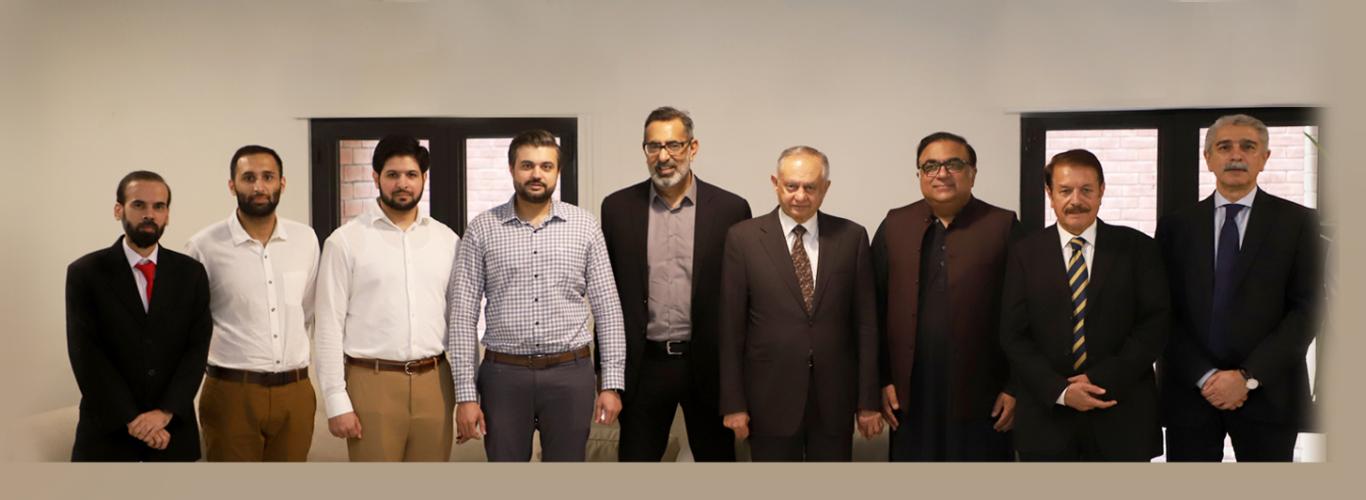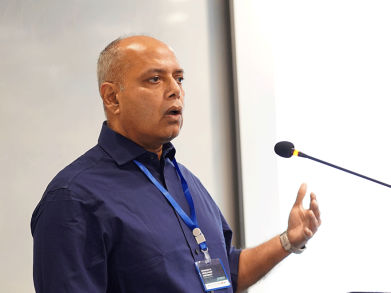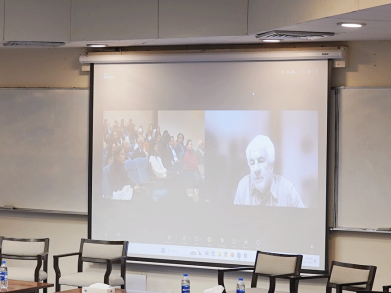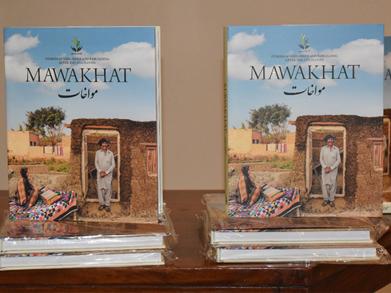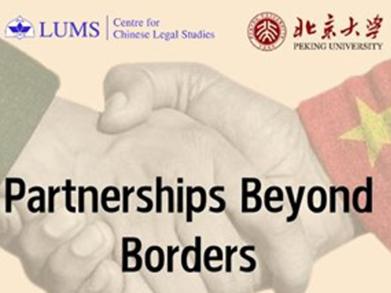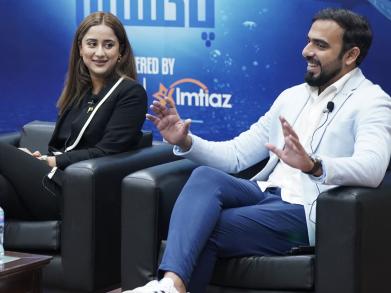FCCI Visits LUMS to Discuss Opportunities for Collaboration
On June 22, members of the Faisalabad Chamber of Commerce and Industry (FCCI) visited LUMS to discuss potential avenues for future partnerships.
Representing the FCCI were Ahmad Hassan, Chairman FCCI R&D Department and CEO of Chenab Engineering Works & Foundries (Pvt) Ltd.; Dr. Khurram Tariq, Vice Chairman R&D and CEO at Kay and Emms; Mujtaba Hassan, Member and CEO of Chenab Foundries; Hirad Ahmad, Director; Hashir Ahmad, Director and Umair Nawaz, Director Chenab Engineering Works. They met with members of LUMS leadership, including Abdul Razak Dawood, Pro Chancellor; Shahid Hussain, Rector; Dr. Arshad Ahmad, Vice Chancellor; Dr. Tariq Jadoon, Interim Provost, as well as senior faculty members.
During the meeting, the FCCI delegation shared some of the particular areas where they hope to collaborate. Ahmad Hassan provided an overview of some of the challenges that the Faisalabad business community face and noted that FCCI is eager to partner with LUMS to resolve these. Dr. Khurram Tariq added, “We would like to explore collaboration opportunities – whether through new institutes or centres – and learn how we can engage.”
Shahid Hussain noted that there are a lot of opportunities for LUMS and FCCI to work together. “LUMS has the expertise for research. We should try and identify what the Faisalabad industry needs and how we can bridge the gap,” he said.
The delegates were given a presentation about the University that highlighted the key initiatives as well as future projects. Dr. Arshad Ahmad shared that in addition to offering executive education, LUMS has dedicated centres that are working to address the most pressing issues of today – including climate change, energy, water, and gender equity. He suggested different projects that FCCI can partner on with LUMS faculty.
The FCCI delegation also had the opportunity to hear from Dr. Zain ul Abedin, Executive Director, Rausing Executive Development Centre and Dr. Naveed Arshad, Director, LUMS Energy Institute, about the particular initiatives that their respective centres are leading.
Dr. Ahmad noted that the pandemic ushered in opportunities for platform learning, and how it can potentially play a role in future collaborations. “Transformation and knowledge sharing can be imagined in a very effective way through platform learning as well as in-person. For scale, we must think of IT, and the ways in which we can disseminate knowledge and connect with experts. Otherwise, we are encumbered by distance, geography, and cost,” he said.
Abdul Razak Dawood agreed that setting the industrial direction for the city would be of key importance, and LUMS could participate in providing that. He also suggested that LUMS faculty members participate in conferences with the Faisalabad community and engage with stakeholders there. “One thing is for sure; the city of Faisalabad is dynamic. It can prove to be a very important industrial hub for Pakistan,” he said.

